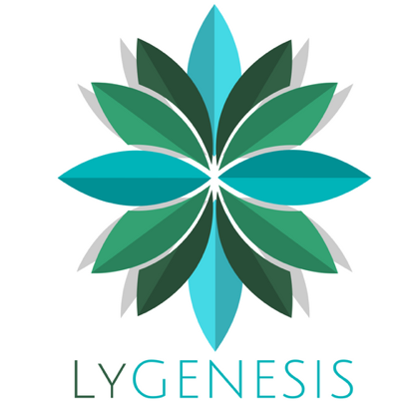LyGenesis, Inc. is developing organ regeneration technology that focuses on using the patient’s own lymph nodes to grow functioning ectopic organs. Over a decade ago, Dr. Eric Lagasse launched a series of experiments that would lead to the idea that lymph nodes might be used to grow additional organs [1-2]. This became the core idea behind LyGenesis, the ability to grow replacement organs using a patients lymph nodes.
In 2018, Juvenescence, Ltd. invested $3 million into this company as part of a Series A funding round which allowed it to start the journey to human clinical trials.
The company has completed large animal studies for liver regeneration and intends to begin Phase 2 human trials in 2021. It intends to use its technology as a bridge to liver transplants and, in some cases, to remove the need for liver transplants altogether.
Large animal study results:
Development of Ectopic Livers by Hepatocyte Transplantation Into Swine Lymph Nodes
LyGenesis has also conducted proof-of-concept experiments for thymic, kidney, and pancreatic tissue.
Of particular interest is the thymus, which is responsible for training T cells. Its gradual involution leads to immunosenescence, which causes senescent cell proliferation and greatly increases the risk of cancer; creating a new thymus within the body’s own lymph nodes may effectively halt multiple processes of aging and reduce the risk of age-related diseases such as cancer along with infectious diseases.
LyGenesis received a $11 million boost in December 2020 and FDA approval for a Phase 2A trial of its cell therapy for patients with end-stage liver disease.
References
[1] Komori, J., Boone, L., DeWard, A., Hoppo, T., & Lagasse, E. (2012). The mouse lymph node as an ectopic transplantation site for multiple tissues. Nature biotechnology, 30(10), 976.
[2] Francipane, M. G., & Lagasse, E. (2014). Maturation of embryonic tissues in a lymph node: a new approach for bioengineering complex organs. Organogenesis, 10(3), 323-331.
